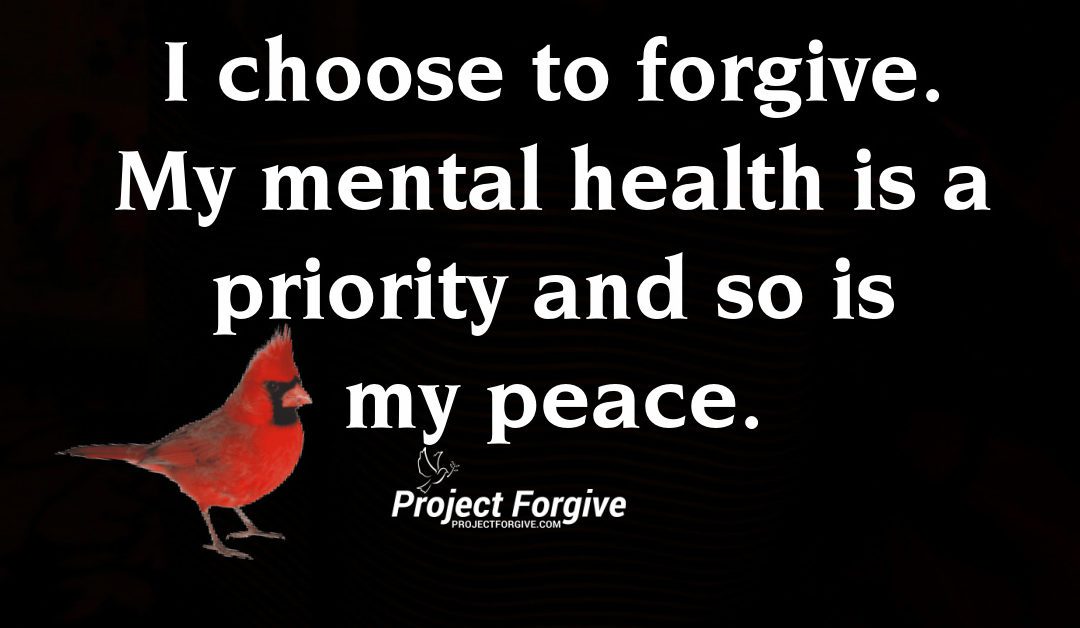You’ve probably been there and you may even be there right now.
Somebody did something that hurt you so much, you just can’t shake it. It won’t go away, it still hurts and you may even fear you may never get over it. Or that the relationship will never be the same again.
Maybe you’ve already talked about it with that person that hurt you. Maybe you even told them you forgive them, but it still nags at you.
The hurt or pain is simply not done and you don’t feel peaceful about it.
It’s just stuck molasses, stuck joy, stuck yuck.
So what do you do?
I’ve found that when I look deeper and unpack my emotions a bit, it really helps and provides clarity to get my joy energy moving again. I can move emotionally to a lighter, more peaceful place, especially when something had been continuing to bother me.
And it boils down to truth-telling.
Truth-telling is a brave thing.
Many times we bury our emotions and don’t express our true feelings. What are your feelings? Can you tell the truth? Anger, hurt, betrayal, rage?
Diving in and expressing your emotion can be stopped by a common communication habit, the habit of only examining your surface thoughts and feelings.
Surface thoughts usually blame the other person and rarely have you dig deep enough to fully face grief, or pain or betrayal.
Surface thoughts and feelings include these types of statements that tend to focus on the person who harmed you. Many times they involve name-calling, such as :
“He’s so manipulative and sneaky.”
“My mom is so narcissistic.”
“My boss is a jerk and she doesn’t get it.”
Now, these initial thoughts may be true for you. But they don’t support you in moving through stuff. The key is to explore and get to the heart of how YOU actually feel, rather than staying in the name/blame/game. It is the missing gold and release that most of us are reaching for.
Diving below the surface thoughts and feelings and naming your feelings takes maturity, practice, and skill. Yes, skill.
Here are some examples of the surface conversations mentioned above that can move you into how you actually feel to get that healing process moving along:
- “He’s so manipulative and sneaky.”
Add in the deeper feelings: “When my child took $20 out of my purse, I felt violated. I feel like I raised him better than that. The thought that I raised a child to steal upsets me deeply. I feel so angry and hurt. I feel like I failed as a parent.”
- “My mom is so narcissistic.”
Add in the deeper feelings: “When my mom didn’t co-sign for my car, she broke my heart. I’m so responsible and it wasn’t a huge request. I feel like she doesn’t trust me and doesn’t see me as a responsible person with integrity. My heart aches over this and I can’t get over it.”
- “My boss is a jerk and she doesn’t get it.”
Add in the deeper feelings: “When my boss picked someone else for the promotion the betrayal was huge. I worked so hard for that position, I was promised that role and I feel duped. I’m at a loss at how I can get through this.”
Truth-telling is a powerful part of moving toward forgiveness and peace. The biggest reminder here? Trying to forgive someone is a process. Taking time to allow yourself to process your feelings is part of the forgiveness journey. Once you get past the blaming, that’s when you heal and grow.
If inspired, please share.


